
Armando Iannucci presents a personal argument in praise of the genius of Charles Dickens. Through the prism of the author’s most autobiographical novel, David Copperfield, Armando looks beyond Dickens – the national institution – and instead explores the qualities of Dickens’s work that still make him one of the best British writers. While Dickens is often celebrated for his powerful depictions of Victorian England and his role as a social reformer, this programme foregrounds the elements of his writing which make him worth reading, as much for what he tells us about ourselves in the twenty-first century as our ancestors in the nineteenth. Armando argues that Dickens’s remarkable use of language and his extraordinary gift for creating characters make him a startlingly experimental and psychologically penetrating writer who demands not just to be adapted for television but to be read and read again.
You May Also Like

Filmmaker Rob McCallum hits the road with his brother Chris Byford in search of their Mom who’s been missing for almost 25 years.

A retrospective of Peter Jackson’s “The Frighteners” featuring new interviews with the cast & crew.
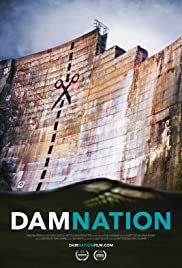
This powerful film odyssey across America explores the sea change in national attitude from pride in big dams as engineering wonders to the growing awareness that our own future is bound to the life and health of our rivers.

British television presenter A.J. Odudu embarks on a mission to find a husband in her parents native Nigeria with her feisty, match-making mother Florence.

Biquefarre is a small farm in Aveyron. The changing economics of farming lead Raoul, in late middle age, to decide to sell and move to Toulouse. At least two neighboring farmers want to buy Biquefarre: Lucien and the young Marcel. Behind the scenes, Henri, whose brother is Marcel’s father and who is also Lucien’s brother-in-law, negotiates with Raoul so that Marcel’s father can secretly sweeten Marcel’s offer. Will dad and uncle succeed? In the background is the hard daily work of farming: milking cows, harvesting at night, and finding help when a farmer falls ill. Progress brings challenges: polluted water, factory farms, and skyrocketing land prices.

Waging Change weaves the stories of individual workers such as Nataki Rhodes of Chicago and Naomi Debebe of Detroit with the efforts of thousands of restaurant workers across the country to demand respect and one fair wage.

A varied history of gay people and Scotland.
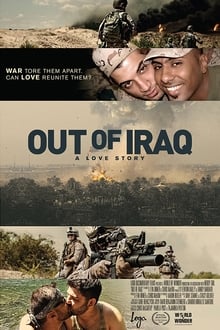
How far would you go to be with the love of your life? In 2003, in the midst of war, in a country where homosexuality is banned, two Iraqi men meet by chance and fall in love. Nayyef, a translator for the U.S. military, and Btoo, a soldier in the Iraqi army, face persecution, and possibly death, if they stay in their homeland. After obtaining a visa, Nayyef leaves his love behind, settling in Seattle with a determination to one day reunite with Btoo in a place where they can express their love freely and without fear.
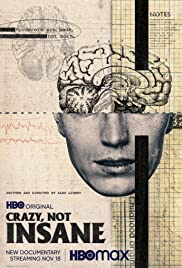
Fascinated by the human brain and its capacity for ruthlessness, psychiatrist Dr. Dorothy Otnow Lewis has spent her life investigating the interior lives of violent people. With each case, she came closer to developing a unified field theory of what makes a killer. Along the way – steering away from the conventional wisdom of her colleagues – she explored the world of multiple personality disorder.
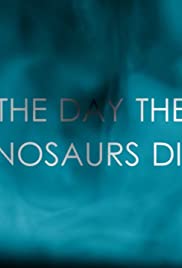
Investigates the greatest vanishing act in the history of our planet – the sudden disappearance of the dinosaurs 66 million years ago.

Follows the artist over two years as he explores his „life after Beethoven“, as he searches for his next challenge, his identity as an artist.
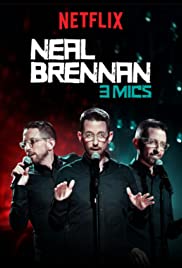
Wicked one-liners and soul-baring confessions converge in this uniquely intimate stand-up special from “Chappelle’s Show” co-creator Neal Brennan.